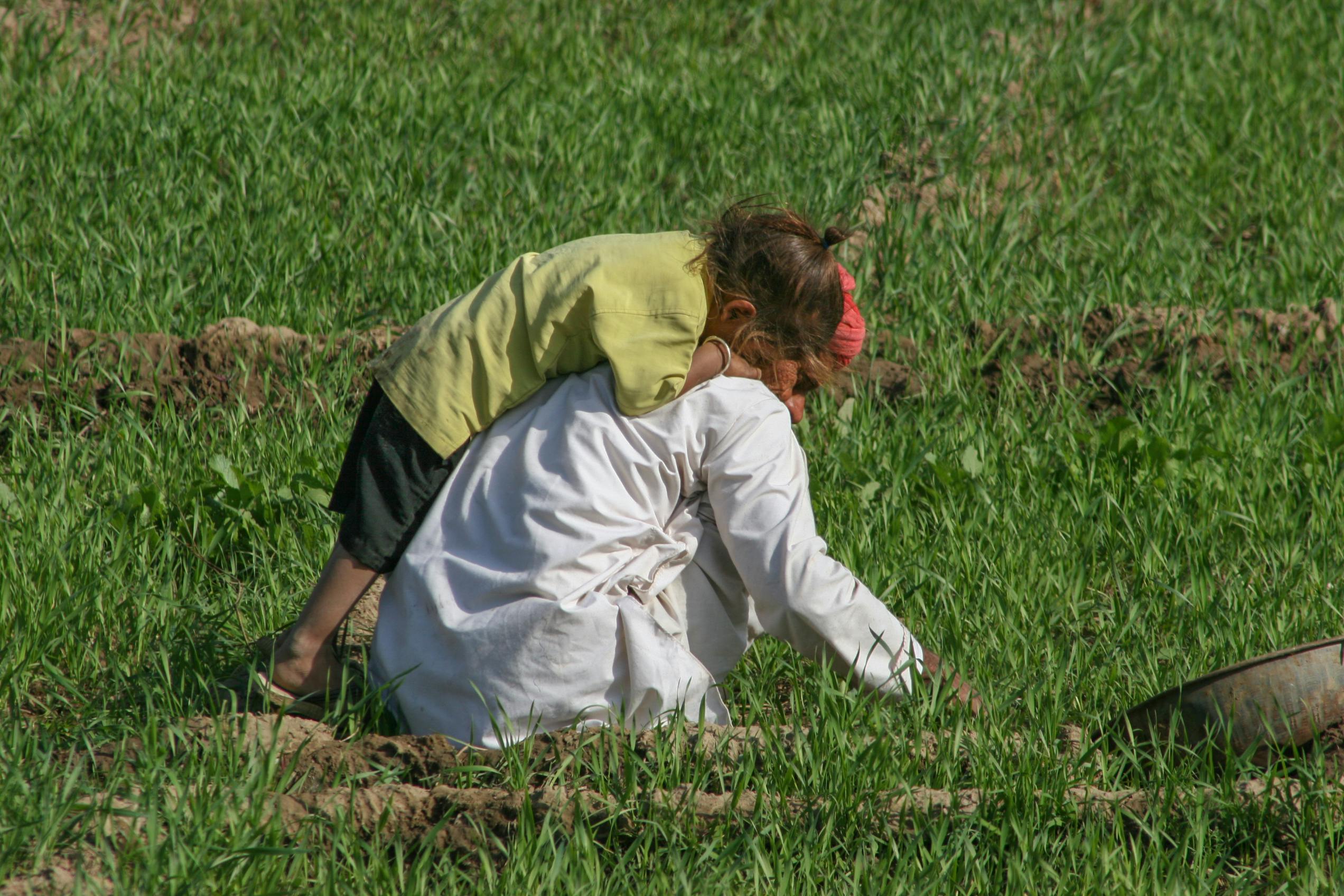Care proceedings occur when local authority legal process’ like social services get involved with families regarding the children within the household, under the circumstance they feel they need to intervene because they are concerned for a child's well-being and worried about whoever it may be and their potential suffering of current significant harm or the risk of it happening soon in the future- and therefore avoid it as soon as possible. Wide criteria may be assessed to decide to instigate care proceedings.
There are many reasons why care proceedings do begin. The decision-making process typically involves several stages, including assessment, gathering evidence, and evaluating the severity of the concerns. Here are some examples of what causes they would look into: Child Abuse: Physical, emotional, or sexual abuse that puts the child in immediate or ongoing danger. Neglect: When a child’s basic needs (such as food, shelter, medical care, or education) are not being met, leading to harm or risk to their health or development. Domestic Violence: Exposure to domestic violence in the home, which may affect the child's emotional or physical well-being. Substance Abuse: Parents or guardians who are unable to care for their child properly due to issues with drugs, alcohol, or other substance abuse problems. Mental Health Issues: When a parent or guardian's mental health issues significantly impair their ability to care for their child, putting the child at risk. Parental Inability to Provide Adequate Care: Situations where parents may be unable to care for their child due to factors like illness, financial instability, or homelessness. Risk of Harm: If there is a concern that a child is at risk of harm from a third party, such as a family member, partner, or another person in the household. In certain emergencies, the police have the authority and ability to take a child away from their parents for up to 72 hours because of Police Protection powers but this is only for above serious conditions, and other than this it will be taken through the court process to be approved as normal.
The process of care proceedings typically begins with a referral and investigation, where concerns about a child's welfare are raised by professionals, such as teachers and doctors, or by family members. Social services then investigate the child's living conditions, gathering evidence to assess the risk of harm. Before formal care proceedings are initiated, social services may attempt to work with the family through pre-proceedings interventions, offering support or allowing parents time to address the concerns. If these efforts are unsuccessful, social services may apply to the court to begin care proceedings. If social services believe the child is at significant risk, they may apply for a care order, which legally allows them to remove the child from the home, pending a court decision. Court hearings follow, where evidence is presented by social workers, parents, and other relevant parties, with the judge determining what is in the child’s best interest. Parents have the right to legal representation and can challenge evidence presented during these hearings. The court’s decision will determine the outcome, which may include reunification with the parents, temporary foster care, adoption if reunification isn’t possible, or placing the child with a family member under special guardianship. After the court's decision, review and ongoing monitoring take place, with the local authority continuing to monitor the child's situation and scheduling further hearings to ensure the care plan remains suitable.
Although the parent or guardian could be questioned for a reason, everyone responsible for their child has the right to certain parts of the process and procedure. Parents have rights during care proceedings because the law recognizes that they have a fundamental role in their child’s life, and their rights must be protected to ensure a fair and just process. While the proceedings are focused on assessing whether a child is safe and whether they can remain with their parents, these rights ensure that parents can challenge decisions, present their case, and make informed choices regarding their child's future. The goal is to balance the protection of the child's well-being with the protection of parental rights, ensuring that any decisions made are fair, transparent, and in the best interests of the child. To break that down the points of rights include:
Navigating care proceedings can be a very tricky time especially as the main focus of these scenarios is a serious matter around your own child/children. At Broadbents Solicitors we pride ourselves on assisting parents who need additional support or advice regarding the care proceedings process and we even have offices near Derby which enable us to offer appointments and more. If you were busy one day or stressed another, we are open 24/7 to give out expert advice whenever you may need it- so feel free to give us a call and we will be happy to help.
The Legal Process: How Do Authorities Decide When to Take Action?

Key stages of Care Proceedings:
The Rights of Parents and Guardians During Care Proceedings:

Need Legal Support during Care Proceedings?






